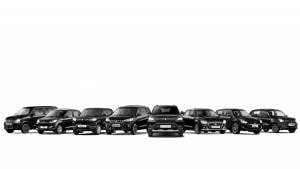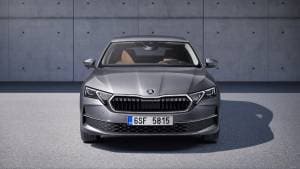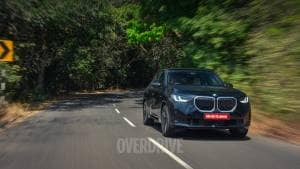Strong hybrid & alternate fuel vehicles key to Maruti Suzuki's 2030 vision
We recently engaged in a conversation with Mr Shashank Srivastava, Senior Executive Director of Sales and Marketing at Maruti Suzuki India Limited, discussing the brand's performance, growth, sales, waiting times on its cars, electric vehicles (EVs), and future plans.
When queried about powertrain trends, especially strong hybrid vehicles, Mr Srivastava disclosed that Maruti Suzuki envisions its powertrain distribution to consist of 15 per cent EVs, 25 per cent hybrids, and approximately 60-65% CNG, biogas, and flex fuel by 2030. He expects CNG to represent about 30-35 per cent of overall sales, aligning with Maruti Suzuki's strategy to achieve emission targets.

If you do a calculation, assuming the market in 2030 is a six million unit market, Maruti Suzuki always aims for 50 per cent, so three million for us. And 25 per cent of that is hybrid, which is almost seven and a half lakh. Surely, with a couple of models, you may not achieve that seven and a half lakh (sales figure). Logically, the market should conclude that we will get more hybrids (vehicles), explained Mr Srivastava.
The remarks suggest that Maruti Suzuki is strategically planning to introduce more models equipped with a strong hybrid powertrain, aligning with its goal of reducing emissions. Mr Srivastava highlighted that SUVs currently constitute 50 per cent of the overall market, indicating a persistent trend that is unlikely to fade anytime soon. In light of this, it is safe to say that Maruti Suzuki may prioritise the introduction of strong hybrid SUVs, with models, such as the Brezza being potential candidates, rather than focusing on launching strong hybrid versions of hatchback cars in the immediate future. The Brezza has been one of the highest-selling car in India and recorded sales of 15,765 units in January 2024, making it the fourth best-selling car in the country.
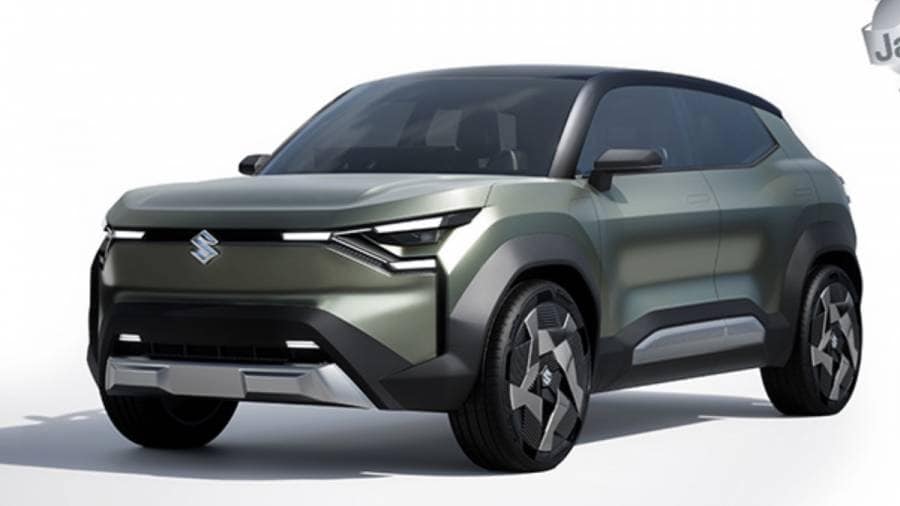 Maruti Suzuki eVX
Maruti Suzuki eVX
Regarding sales, he noted that strong hybrid vehicles constitute around 2.1 per cent of the overall market, selling approximately 8,000-9,000 units monthly, while EVs are selling about 9,000-10,000 units per month. Consequently, they are competing on equal terms. In fact, hybrid vehicles outsold electric vehicles in the third quarter of the current financial year. Discussing EVs, Mr Srivastava emphasised the advantage of hybrids, highlighting the absence of range anxiety and the existing lack of charging infrastructure for EVs, contributing to the higher cost of EV acquisition.
Moving forward, we inquired about the significant discount on the Jimny five-door and its impact on sales. Mr Srivastava revealed that since the launch of the Jimny five-door in July 2023, Maruti Suzuki has sold 17,000 units in nine months. In December, the carmaker sold 4,500 units of the SUV, with a substantial discount in effect.
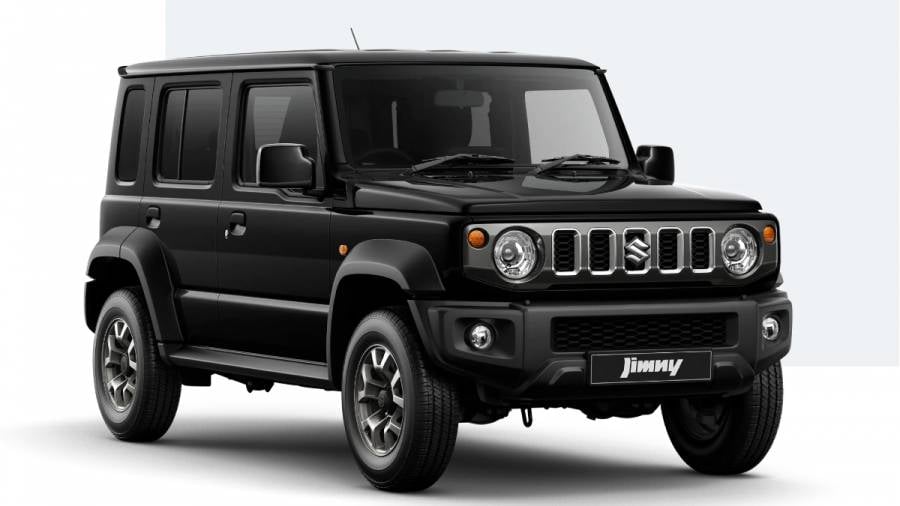
Maruti Suzuki is currently grappling with pending orders of close to two lakhs, a notable decrease from four lakhs in the same period the previous year. The Ertiga CNG holds the highest number of pending orders in the lineup, with a waiting period of up to five months. Speaking of CNG, the CNG vehicles currently account for 26 per cent of the brand's total sales.
Summing up the overall discussion, it becomes evident that Maruti Suzuki is placing a considerable emphasis on strong hybrid models and alternative fuel vehicles, focusing notably on CNG and flex fuel, as opposed to following the prevailing trend of electric vehicles.
Also read
Top five best-selling cars in February 2024
More buttons and lesser screens could help manufacturers get a better Euro NCAP score
